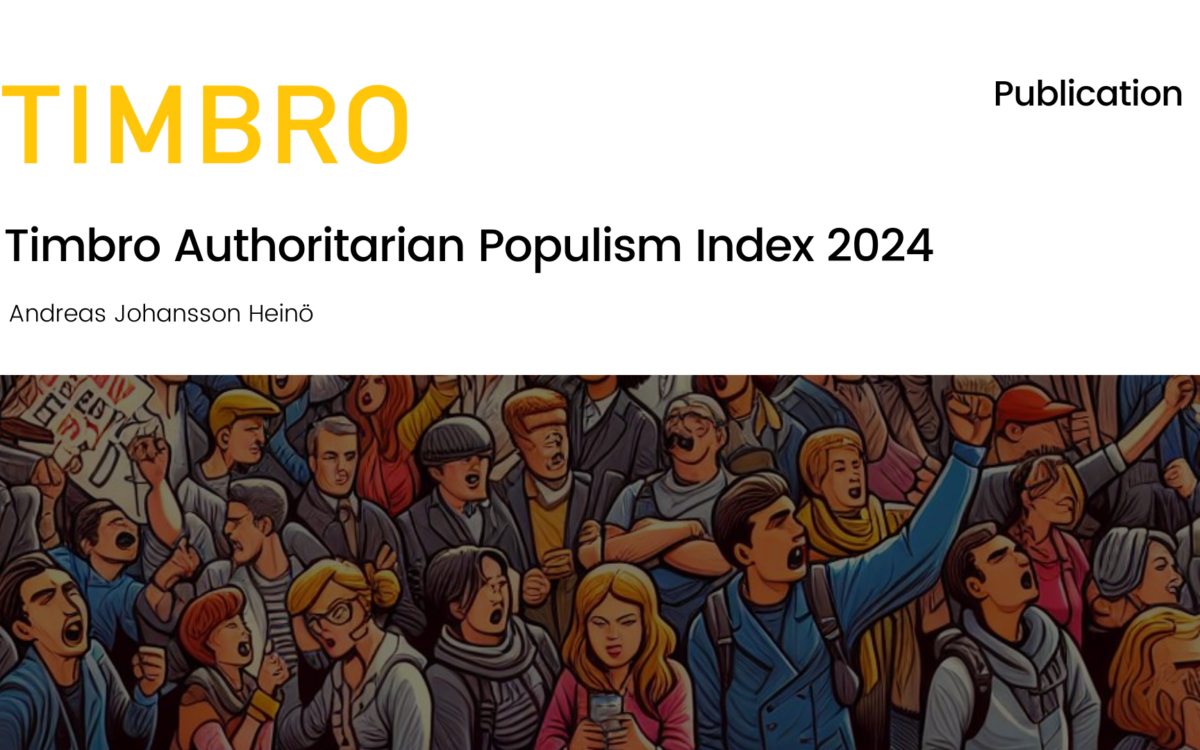Going Viral: the History and Economics of Pandemics

Going Viral: the History and Economics of Pandemics
29 April 2020
Pandemics are a recurring feature of human history. In the modern world, since the 1770s, we have had a series of pandemics, with a series of cholera ones in the nineteenth and early twentieth centuries, and a series of five influenza ones since 1890. Further back there have been truly massive pandemics that killed a significant part of the world’s population. Even the milder modern ones have had significant effects.
The Covid-19 virus has several features that mean it poses a more severe challenge than influenza pandemics such as those of 1957-8 or 1968-9 (although a repeat of one of them would be bad).
In particular it threatens to cause a collapse of hospital systems through a high number of serious cases arising in a short period of time. It is this, rather than lethality, that has driven most of the response.
Historical comparisons tell us a number of things about pandemics, which are also true in this case: they break out after prolonged periods of increasing economic integration; the initial foci are highly connected cities that are centres of trade and/or governance; the pattern is usually one of a series of waves, with the second one historically the most damaging; and they break out in physical or social locations where the human world abuts the natural (because of new pathogens developing in animals and then jumping to humans).
Certain features of many contemporary societies mean that a pandemic is more likely now and will have wider and more damaging results, if not contained, than was the case 50-60 years ago: the degree of international integration and the scale and rapidity of travel makes it easier for the disease to spread and harder to track it (while also creating more resources to deal with it); movements towards things such as just-in-time delivery and long supply chains have made the world economy more efficient but more fragile; a systematic change in the way health systems are run in most countries, combined with a movement of married women into the labour force, and a change in the way old people are cared for, have made the impact of an infectious disease much greater.
The effects of pandemics are known from history and can be seen in outline in this case: a severe hit to the supply side of the economy (not the demand side initially) which will probably lead to a severe and U-shaped recession; innovations and changes in things such as consumption and working patterns that were already underway will be accelerated; a major debt crisis (which was in line to happen anyway, sooner or later) has been triggered along with a fall in the value of many assets; there may be higher inflation in a year to two years’ time; there will be a significant pull-back from globalisation and supranational governance will come under serious strain; there will be extensive but complex social and psychological effects.
The small comfort is that things could have been much worse. We should be aware that, on historical precedent, the pandemic will last for about 18 months (so to summer 2021); that there will be another pandemic at some point and for structural reasons this is more likely than was the case a number of decades ago. There are several steps that could be taken to mitigate future risks
Download or share this publication
View the PDF
EPICENTER publications and contributions from our member think tanks are designed to promote the discussion of economic issues and the role of markets in solving economic and social problems. As with all EPICENTER publications, the views expressed here are those of the author and not EPICENTER or its member think tanks (which have no corporate view).



